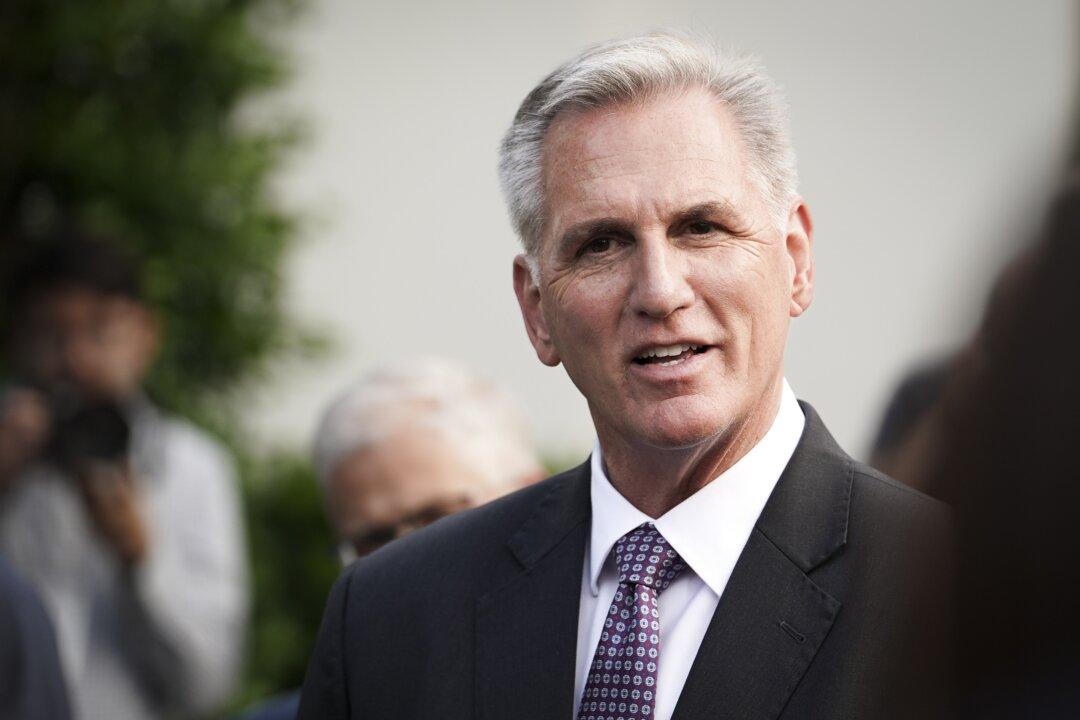House Speaker Kevin McCarthy (R-Calif.) will meet with dissenting House Republicans to resolve concerns that resulted in a dissenting vote by 11 GOP members on a procedural issue on June 6.
At stake is the ability of the House to function, especially in exercising one of its core constitutional duties, appropriating money for the federal government.





